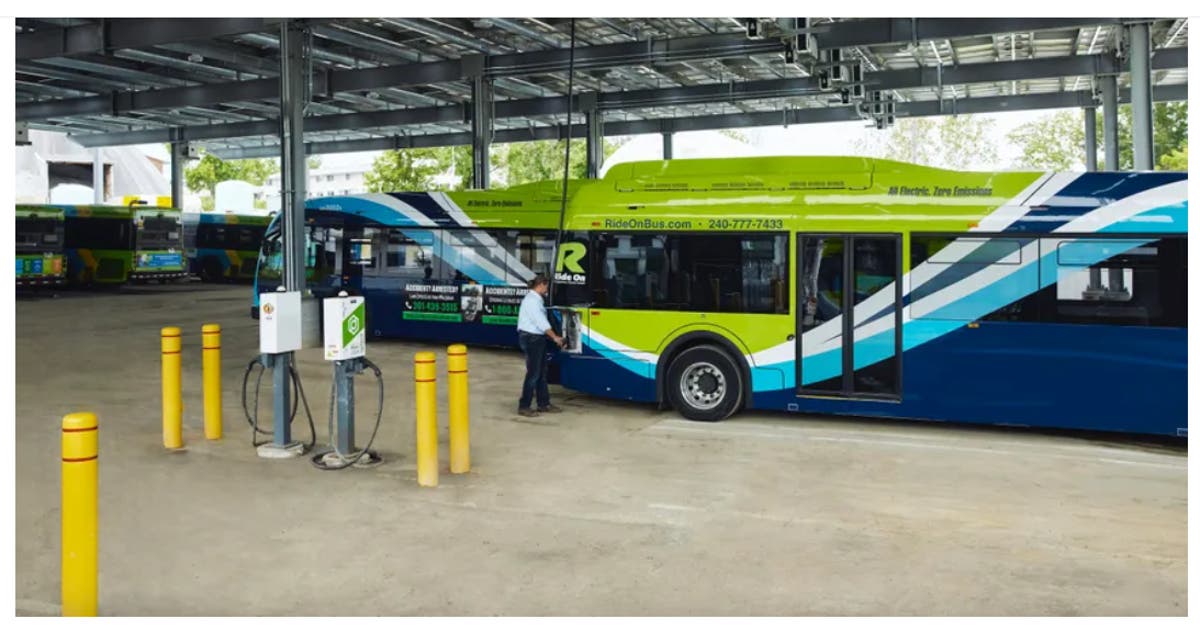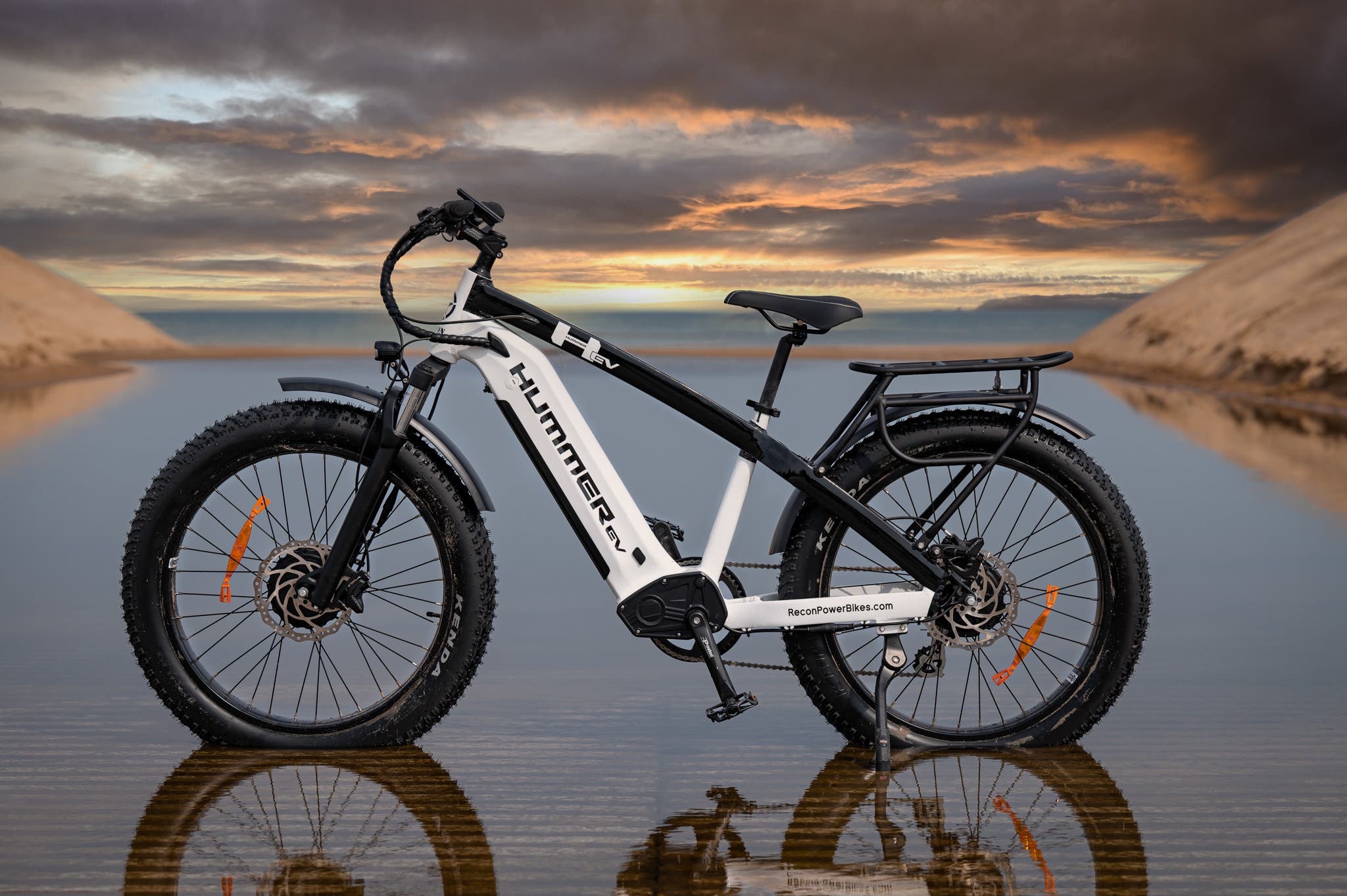Due to the possibly catastrophic effects on the environment and the lives of Indonesian citizens, dozens of non-governmental groups (NGOs) have urged Tesla to halt its projected investment in Indonesia’s nickel industry.
Concerns were raised in a letter to CEO Elon Musk on the possibility that a recent meeting he had with representatives from Indonesia at the Austin Gigafactory was part of a bigger initiative to build a Tesla nickel factory and a new Gigafactory in Indonesia.
The world’s largest nickel reserves are in Indonesia. The Tesla cell battery’s primary raw ingredient is nickel.
If Tesla went ahead with its plans for a nickel factory, the NGOs claimed in the letter with many signatories that a variety of effects from the nickel industry and its supply chain would happen:
systematic, widespread environmental degradation; threats of criminalization against indigenous people and those defending their lands from nickel mines; negative effects on weaker demographics like women; and legal transgressions committed by upstream and downstream nickel sector participants.
The main markets for nickel are Russia, Canada, New Caledonia, and Indonesia, with demand for the metal expanding due to the popularity of electric vehicles (EVs).
The largest and most established environmental group in Indonesia is the Indonesian Forum for Environment (WALHI). The organization disclosed that Indonesia’s Coordinating Ministry of Maritime and Investment Affairs met with Musk in April and with President Joko Widodo in May, together with members of US civil society organizations and other NGOs.
A request to Tesla to halt investment in nickel mining The NGOs admit that Tesla has made significant investments in its nickel supply chain and battery technology in their letter to the company. The signatories make clear that the nickel business in Indonesia is anything but green while pointing out that Tesla views nickel purchase as a component of its green strategy.
On the other hand, Indonesian mining has a history of causing environmental harm, imprisoning protesters in ways that violate democracy and equity, endangering the most vulnerable communities, and breaking numerous laws.
The NGOs have encouraged Elon Musk and Tesla, Inc. shareholders to take into account the following suggestions in order to promote enhancements to Indonesia’s protection of the environment, society, and human rights:
Put an end to any future direct investment plans in Indonesia’s nickel business because current practices show that the country’s environment and communities could suffer extensive harm. To stop the extensive harm to the environment and communities in Indonesia, prohibit Tesla, Inc. from using nickel that is derived from or produced in that country in any of its business lines. To avoid the violation of human rights caused by noncompliant business operations, make sure Tesla Inc.’s business lines adhere to the fundamental principles of business implementation and human rights as prescribed by the UN. EXAMINING MINING PROCESSES Mining operations have resulted in a range of harms, including small-scale ones (such decreased soil fertility), significant loss of primary forest, and climate change. In the event that Tesla goes forward with building a gigafactory in Indonesia, it is unclear how this will affect nickel mining practices. (It should be emphasized that Tesla is making efforts to reduce its reliance on nickel.
In 2020, Musk criticized US nickel output as being objectively very pathetic and asked the mining sector to generate more nickel in an environmentally responsible manner.
Musk stated on a quarterly conference call, “Any mining firms out there, please mine more nickel.” Please increase nickel mining globally and strive for high-volume, ecologically conscious, efficient nickel mining. If you mine nickel effectively and sustainably, Tesla will award you a sizable contract for a very long time.
Those remarks were made in response to a request made to Tesla and Musk by a network of independent experts, activists, leaders, and organizations of Russian indigenous peoples to boycott a Russian mining business unless it complied with certain ecologically sound requirements. Nornickel is a company that has been acknowledged as a global leader in both nickel production and environmental degradation.
Mineral extraction has a negative impact on the environment, particularly in terms of soil, hydrology, and vegetation loss. The use of heavy machinery, the disposal of rock debris and tailings, the creation of numerous sizable acidic and toxic holes, and the lowering of surface water outflow are just a few ways that mining operations can damage the natural ecology.
Nickel mining causes significant environmental harm, as is evident in the mining in the province of South Sulawesi. For instance, pollution waste tailings led the exposure of mining mud in Mahalona Lake, silting the river estuary, and polluting the water with mud from Pongkeru and Malili River to Lampia Beach, resulting in the destruction of roughly 4,449.2 hectares (10,994 acres) of rainforest land.
Similar problems also happened in Central Sulawesi’s Bungku Beach, where tailings waste increased the amount of silt in the rivers and beaches nearby, making it difficult for local and indigenous peoples to practice their traditional livelihood of fishing.
ANGER AT INDONESIAN DEFORESTATION AND ITS REPERCUSSIONS The overall area of the forest converted to nickel mining causes environmental harm by increasing deforestation and posing a threat to the river, lake, and beach, which are vital for the indigenous and local community’s way of life. In Indonesia, nickel mining has engulfed a forest area, adding to the destruction caused by coal and gold mining.
A total of 673,246 hectares (1,663,628 acres) of Indonesian forest land has been given to nickel mining companies, potentially causing deforestation. Forest degradation and deforestation are two obvious signs of the loss of natural resources, which leads to a reduction in the standard of living for people and climate change.
In Southeast Sulawesi in 2019, devastating floods were triggered by the mining industry’s degradation of the forest. Due to mining and the conversion of land into crops, forests have suffered.
DEVASTATION OF THE ENVIRONMENT ACROSS REGIONS AND PEOPLE According to Law 2 of 2007 letter K Article 35 and Law 1 of 2004, Indonesian law forbids the placement of mines on tiny islands. The law aims to outlaw mineral mining in areas where it causes environmental harm, pollution, or harm to the local community on a technical, ecological, social, or cultural level.
This Indonesian rule has generally been disregarded by the nickel industry, and nickel miners there frequently operate on small islands that are susceptible to irreparable harm.
One of the oldest settlements on Obi Island, Kawasi Village, lost its water spring owing to mining pollution as a result of the mine’s expansion. The Toduku River, which is used frequently by the community for activities like drinking, bathing, washing, and playing, is now clogged with nickel mine waste material. The inhabitants of Kawasi Village are forced to drink bottled water.
Do you value the unique reporting and cleantech news coverage on CleanTechnica? Consider becoming an Patreon patron, a CleanTechnica member, supporter, technician, or ambassador. Don’t miss a cleantech story, will ya? Register for daily news updates from CleanTechnica by email. Or follow us on Google News Want to advertise with CleanTechnica, send us a tip, or propose a speaker for our podcast CleanTech Talk? You can reach us here.







